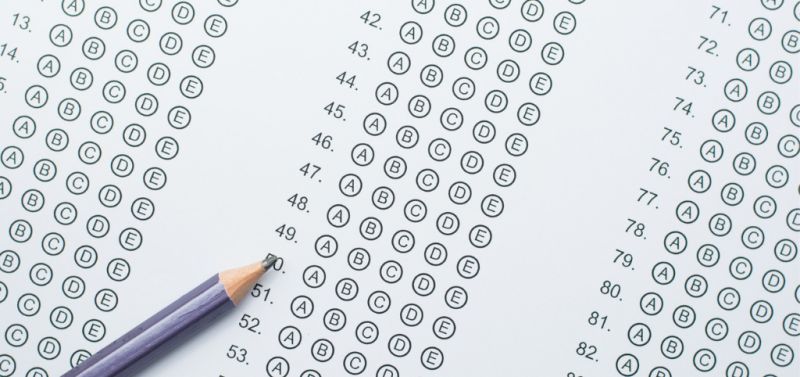
THE University of California (UC) system will no longer be able to use SAT and ACT scores in evaluating its applicants for undergraduate admissions or scholarships, a superior court judge ruled this week.
The ruling on Monday, August 31 comes long after critics of the tests claimed they inadvertently favored students from wealthier families over disadvantaged minorities, especially those with learning disabilities.
The problem, critics say, has been magnified amidst the COVID-19 pandemic.
“To be sure, COVID-19 has disrupted the testing process for many students,” wrote Judge Brad Seligman, noting that the university was unable to present an estimate of how many students were likely to take the tests this year.
“But the barriers faced by students with disabilities are indisputably significantly greater than those faced by non-disabled students,” continued Seligman.
The 10-campus UC system announced in May that it was suspending the standard test requirement until Fall 2024, giving the Board of Regents three years to develop a new test that “better aligns with the content the university expects students to have mastered for college readiness.”
The decision, however, allowed individual UC campuses to decide whether or not students could submit their scores if they wanted to under a “test optional” policy.
Three campuses—UC Berkeley, UC Irvine, and UC Santa Cruz—decided that they would not use the test scores at all, while six others decided to adopt the test optional policy.
UC San Francisco offers only graduate and professional education programs, and thus does not consider the SAT or ACT in its admissions.
In allowing students to submit test scores to supplement their applications, the judge wrote that students with disabilities would still be at a disadvantage as chances of taking standardized tests with or without accommodations at this time “are almost nil.”
“Unlike their non-disabled peers, they do not have the option to submit test scores; even if they did, their chances of obtaining necessary test accommodations are virtually non-existent,” Seligman wrote.
“They get no second look or ‘plus factor’ that non-disabled students are afforded in the admissions process,” he added.
In a statement on Tuesday, a UC spokesperson said that “UC respectfully disagrees with the Court’s ruling,” and was looking at what next steps to take.
“University admissions officials and faculty are best positioned to determine appropriate admissions decisions and procedures, taking into account the individual needs and priorities of a particular campus,” the UC said.
With over 280,000 students enrolled and over 227,000 faculty and staff employed across its 10 campuses, UC said that it “remains committed to enrolling a student body that reflects the broad diversity of cultural, racial, geographic, and socioeconomic backgrounds characteristic of California.”







